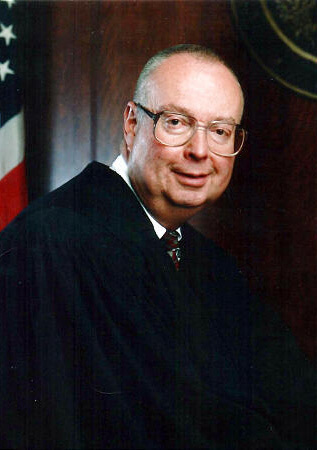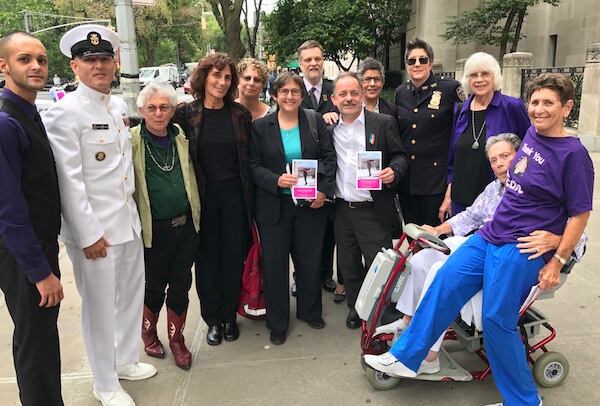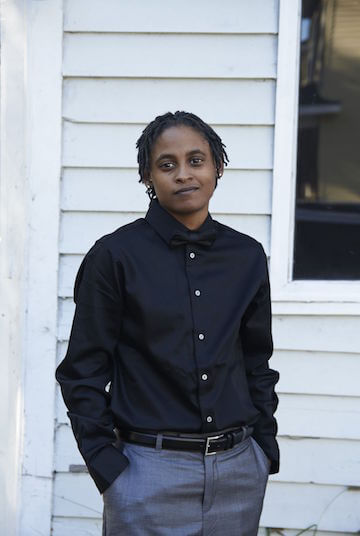Judge Dale A. Kimball. | US DISTRICT COURT/ DISTRICT OF UTAH
A US district court judge has ordered the State of Utah to recognize the marriages of same-sex couples celebrated there between December 20, 2013 and January 6, when the Supreme Court stepped in with a stay to allow time for an appeal of a marriage equality decision.
Judge Dale A. Kimball’s May 19 ruling involves more than 1,300 marriages that occurred after another federal district judge, Robert Shelby, ruled that Utah’s ban on same-sex marriage was unconstitutional. Shelby and, subsequently, the 10th Circuit Court of Appeals refused to stay that decision pending appeal. It took several weeks for the matter to get to the Supreme Court, which did accept the state’s motion for a stay.
At that point, Governor Gary Herbert declared that the same-sex marriages performed were “on hold” as the stay had “revived” the state’s marriage ban.
Federal court says unions celebrated before Supreme Court stay must be recognized by state
Kimball found that the state is barred by the Due Process Clause of the 14th Amendment from putting legally valid marriages “on hold,” but temporarily stayed his own ruling for 21 days to give the state an opportunity to appeal to the 10th Circuit. He was ruling on a suit brought by the American Civil Liberties Union on behalf of several of the recently married couples.
The problems couples who married in Utah have experienced since the Supreme Court stay include adoption proceedings thrown into limbo as Utah trial judges are uncertain how to proceed. Indeed, the state is facing the threat of a contempt proceeding from one trial judge for the refusal by Utah officials to honor his adoption order to produce an appropriate birth certificate. There are also questions pending at the Utah Supreme Court about the status of these marriages. That court has temporarily stayed various adoption proceedings while it decides whether the state must recognize the marriages.
The ACLU originally filed its lawsuit in state court, but the state removed the suit to federal district court and opposed the plaintiffs’ motion to certify to the Utah Supreme Court the question whether couples legally married under Utah law have vested rights in their marriage that could not be taken away by the state without a compelling interest.
The plaintiff couples moved for a preliminary injunction, arguing that as a matter of law their vested rights were being abridged by the state for no valid reason. The state, in response, argued that the Supreme Court’s stay had essentially a retroactive effect, restoring the marriage ban going back to December 20, thus rendering the marriages invalid.
Kimball found that Utah precedents are clear on the question of vested marriage rights. The state’s arguments, he concluded, were contradicted by well-established principles of Utah law as well as the Due Process Clause of the 14th Amendment.
Kimball placed heavy reliance on a somewhat analogous situation, when the California Supreme Court, in the wake of Proposition 8, concluded that the thousands of same-sex couples who married in the five months between its marriage equality ruling and the November 2008 election had vested rights in their marital status and everything that went with that status, which could not be taken away by a subsequent constitutional amendment. Kimball found that Utah cases dating back to the 19th century had also taken the position that once a couple was legally married, they had vested marriage rights protected against retroactive rejection by the state.
Utah’s attorneys argued that while the California marriages had been authorized by a final order from the State Supreme Court in May 2008, the 1,300 marriage licenses in Utah were issued in compliance with an order from a single federal trial judge that was promptly appealed.
Kimball was not persuaded by the distinction and also noted the strong bias against retroactive application of new legal rulings. The Supreme Court’s stay, issued without any explanation, he pointed out, would not be deemed to have any sort of retroactive effect. Had that been its intention, the high court could have said so.
Under Utah judicial precedents, Kimball concluded, from the time Judge Shelby issued his ruling until the time the Supreme Court stayed it pending appeal, it was legal for same-sex couples to marry there, and as soon as any such marriage was performed, the couple had vested rights that could not be abridged by the state. Last year’s Supreme Court ruling in the Defense of Marriage Act case, he noted, “held that divesting ‘married same-sex couples of the duties and responsibilities that are an essential part of married life’ violates due process.”
As well, Utah’s constitutional and statutory same-sex marriage bans, Kimball found, are stated in the present tense and make no mention of retroactive application.
The state argued it was not engaged in retroactive application of the marriage ban, the judge wrote, “because the laws were enacted long before the Plaintiffs entered into their marriages. However, this argument completely ignores the change in the law that occurred. The marriage bans became legal nullities when [Shelby’s] decision was issued and were not reinstated until the Stay Order.”
Kimball also found that Utah law defines a retroactive application of a law as anything that ‘takes away or impairs vested rights acquired under existing laws in respect to transactions or considerations already past.’ Under this definition, the State’s application of the marriage bans to place Plaintiffs’ marriages ‘on hold’ necessarily ‘takes away or impairs vested rights acquired under existing law.’”
Significantly, even if the Shelby decision is eventually reversed, Kimball concluded, the marriages that were performed would remain valid under the vested rights theory and the state’s strong policy against retroactive application of law.
Responding to the request by Utah’s lawyers that his preliminary injunction be stayed to allow for an appeal to the 10th Circuit, Kimball concluded “the State has not met its burden of establishing the factors required for a stay pending appeal” –– including the eventual likelihood of success and the lack of “irreparable harms” for the plaintiff couples –– but decided to exercise discretion to grant to the state a “limited 21-day stay” to pursue an emergency motion for a stay.
However, unless the 10th Circuit responds favorably to the state’s request, Kimball’s order will go into effect.
Kimball, who was appointed to the federal district court by President Bill Clinton in 1997, teaches at Brigham Young University Law School and has held leadership positions in the Mormon Church.




































